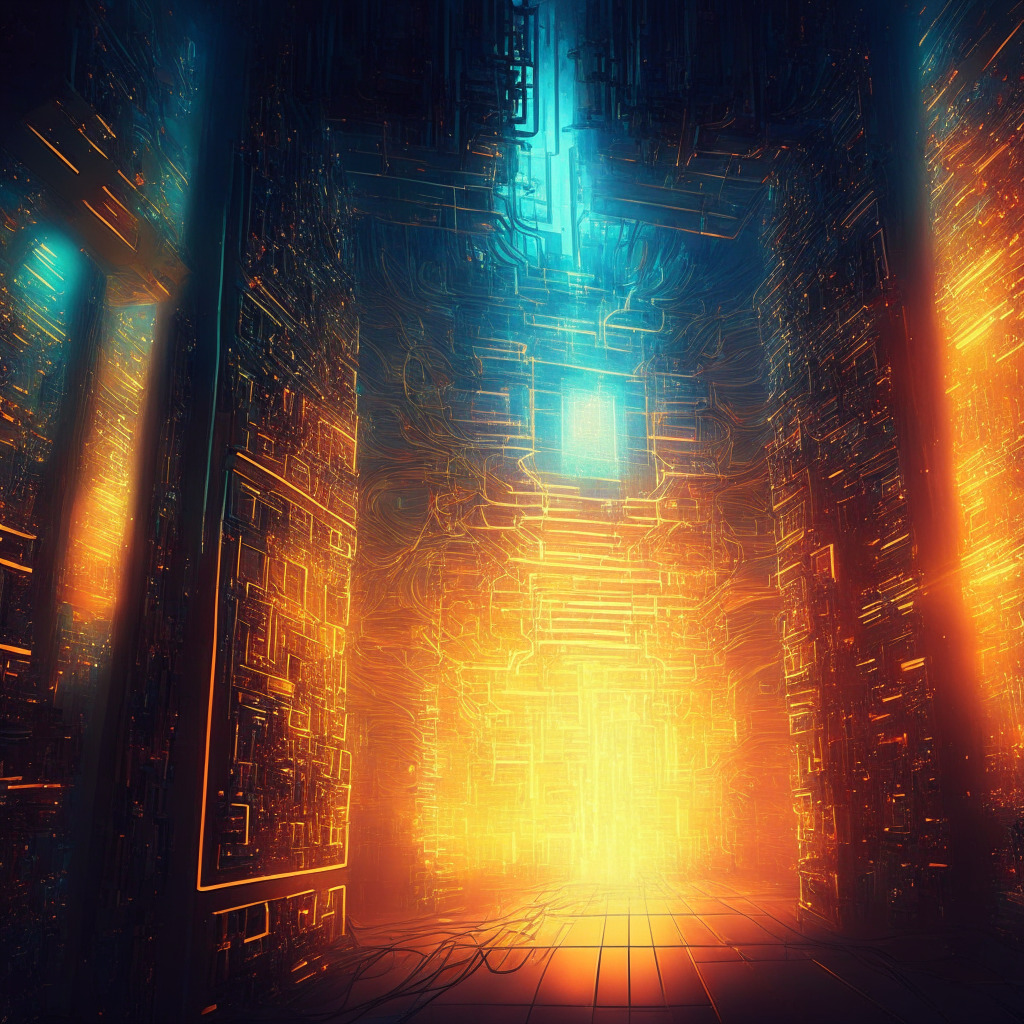Nvidia has recently introduced a new AI supercomputer platform, the DGX GH200, in an attempt to further develop the world of artificial intelligence (AI) tools and applications. This supercomputer is primarily focused on helping technology companies create successors to the popular AI chatbot ChatGPT, which is already utilized by large tech firms such as Microsoft, Meta, and Google’s Alphabet.
The new service, dubbed Nvidia ACE for Games, targets the video game industry and aims to use AI in enhancing background characters in games. In addition, the company plans to partner with global marketing firm WPP to integrate AI and metaverse technologies in order to lower advertising costs. Nvidia also has plans to implement a new networking scheme that will accelerate the speed of data center information processing.
While Nvidia is forging ahead with developing powerful chips to drive AI applications, other companies are also jumping on the AI bandwagon. Microsoft, for instance, is developing its own chip with the capacity to support ChatGPT-like applications. Chinese developers, facing sanctions from the United States that block access to the latest version of Nvidia chips, are experimenting with combinations of chips and semiconductors to create their AI development methods.
As AI becomes increasingly accessible and developers push for innovative new products, they must also work hand-in-hand with lawmakers worldwide to ensure a regulatory framework that fosters innovation. In early May, tech executives gathered at the White House with U.S. Vice President Kamala Harris to discuss the potential dangers of AI, as well as company participation in the public evaluation of AI systems.
On one hand, the DGX GH200 has the potential to revolutionize the way AI-powered products are developed by tech giants and offer benefits to various industries, such as video gaming and advertising. On the other hand, concerns have been raised about the ethical, regulatory, and privacy implications of such advances in AI technology. The primary conflict in this scenario is between fostering technological innovation and maintaining ethical boundaries in AI development.
As the AI development race continues to pick up speed, developers and lawmakers will need to strike a balance to ensure AI technology is harnessed responsibly and ethically. This delicate equilibrium will ultimately determine the trajectory of AI in shaping the future of industries across the globe.
Source: Cointelegraph




